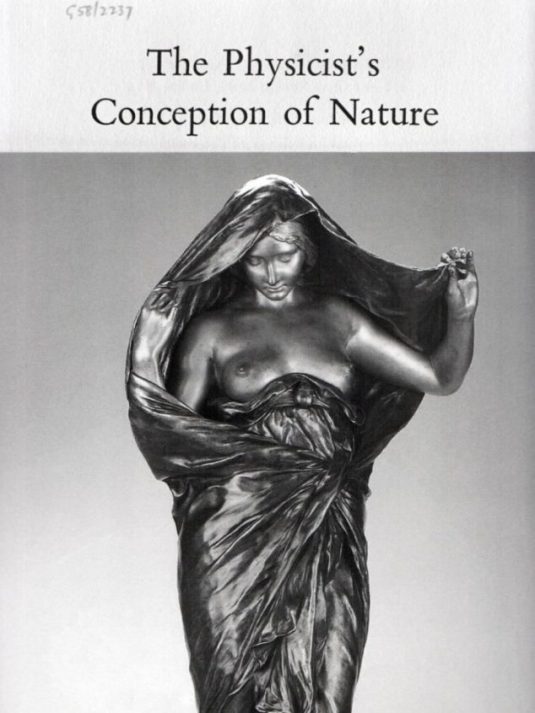The Uncertainty Lectures: Volume Part 1
In physical terms, uncertainty refers to the fact that – in quantum mechanics – one cannot know, for example, the precise position and speed of an electron simultaneously. In other words, there is a fundamental limit to the precision by which certain pairs of physical properties can be known. Uncertainty as a function of the natural world.
In Hollywood terms, uncertainty refers to the fact that, despite having never seen this particular action or rom-com, everyone in the audience knows that the most famous actor/actress will save the day/defeat the baddies/kill the aliens invaders/get the girl/job/perfect haircut. Uncertainty as a function of box office revenue.
In emotional terms, uncertainty refers to the fact that – in human relationships – one cannot know the precise degree of anger engendered in any given individual when:
- their rights are threatened
- their individualism is not allowed to be expressed
- the washing up has not been done
Uncertainty as a function of multiple, unique unknowable individual minds.
In economic (or social or historical or scientific) terms, uncertainty refers to the black swan; a major, often surprising or unforeseen, event with enormous consequences and which is often post-rationalised as something directly linked – typically irrationally – as the effect produced by a given set of causes. Nassim Nicholas Taleb, developer of the black swan theory, defines the black swan it as “stemming from the use of degenerate metaprobability.” Whatever that means. More interestingly, Uncertainty as a function of everyone trying to understand everything ALL OF THE TIME.
Some philosophers, though I do not know could not say which ones, have long suggested that uncertainty can be contained and controlled by thought. Thinking hard. Thinking heavy. Thinking a lot. As if, by tapping into the realm of pure a priori reason, one could think away all the problems posed by the uncertainty of things. Think! Experiment! Empathise! All will be revealed to those who turn toward the inner eye.
But what if thinking leads not to clarion-call clarity, revelations or understanding? What if thinking leads Where does thinking end? Does thinking lead only to more thinking, and if so, what is it about our species. Maybe we’re not. For what does thinking lead to but more thinking, harder thinking, heavier thinking. And if thinking never stops, never ends, can it ever lead to what could be called certain knowledge? Or only more thinking? What is it about our species that continues to insist on the link between thought and certainty? I think therefore I know. The end.









